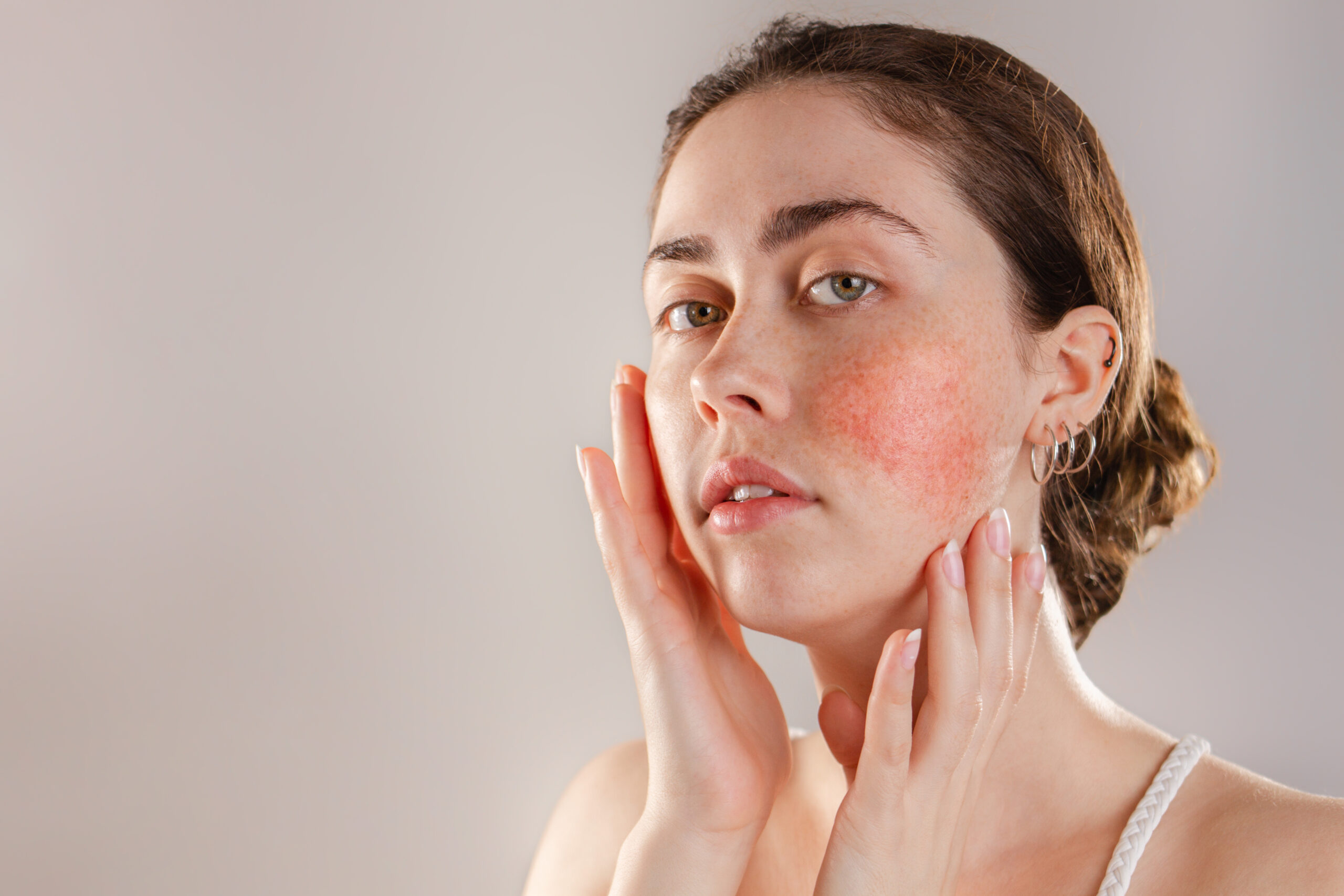Madfes Dermatology & Aesthetics Group Spring 2023 letter.
Information
What's New
Skin Cancer, Take a Hike!™ 2023
Osaka, Japan, here they come! The dynamic mother & daughter duo, Mallory & Diane, are teaming up with the American Academy of Dermatology for their fifth year of Skin Cancer, Take a Hike!™....
Remove Aging Skin Without Surgery!
Introducing Ellacor® – the first and only FDA-approved fractional micro-coring device that removes excess skin to improve skin laxity! A small gauge needling device is used to create tiny punches in...
Medical Dermatology
Common Medical Skin Conditions
Cosmetic Treatments
Pre & Post-Treatment Instructions
What's NewUnderstanding Rosacea: Causes, Triggers, and Treatment Approaches
Rosacea is a chronic skin condition that affects millions worldwide. This condition is characterized by redness, swelling, and acne-like bumps, primarily on the face. If you’re living in New York City and dealing with these symptoms, understanding rosacea’s causes, triggers, and treatment approaches can be your first step toward effective rosacea management.
What Causes Rosacea?
The exact cause of rosacea remains a mystery to scientists and doctors. However, it’s believed to be a combination of hereditary and environmental factors. Some theories suggest abnormalities in facial blood vessels, a malfunctioning immune system, or microscopic mites on the skin could play roles. Regardless of the cause, the effects are visible and can be distressing.
Identifying Your Rosacea Triggers
Managing rosacea effectively begins with identifying and avoiding your personal triggers. Common rosacea triggers include the following:
Environmental factors
Extreme weather conditions like cold winters and hot summers affect rosacea, and indoor elements like heating and air conditioning can also worsen symptoms. Wind and humidity levels also play a role.
Dietary habits
Beyond spicy foods, hot beverages, and alcohol, triggers can include dairy products, caffeinated drinks, and certain fruits and vegetables. Paying close attention to how your diet affects your rosacea can provide insights into managing flare-ups.
Emotional stress
While a fast-paced lifestyle may contribute to stress, other significant stressors include work pressure, personal relationships, and health concerns. Stress management techniques like meditation, exercise, and proper sleep can help mitigate these effects.
Skin care products
The sensitivity to certain cosmetics and skin care products can worsen rosacea. Watch out for ingredients such as alcohol, fragrances, and specific chemicals that may irritate sensitive skin. Opting for gentle, fragrance-free products designed for sensitive skin can help avoid flare-ups.
Understanding and avoiding your specific triggers can lead to a more effective and personalized approach to rosacea management.
Rosacea Treatment and Management
There’s no one-size-fits-all solution for rosacea, but a combination of lifestyle changes and medical treatment can significantly reduce symptoms. Here are some rosacea treatment strategies you can follow:
Medications
- Topical treatments – These include creams and gels designed to reduce inflammation and redness. Metronidazole, azelaic acid, and ivermectin are common prescriptions that can help control rosacea symptoms when applied regularly.
- Oral antibiotics – For moderate to severe rosacea, oral antibiotics like doxycycline can reduce inflammation and are often used in shorter courses to avoid antibiotic resistance.
- Other medications – In certain cases, dermatologists might prescribe isotretinoin, a powerful drug used for severe acne that also helps with rosacea by reducing the size of the oil glands and the amount of oil they produce.
Laser therapy
- Vascular laser – Targets and diminishes visible blood vessels, improving skin appearance.
- Intense pulsed light (IPL) – Reduces redness and flushing by addressing pigmentation and vascular irregularities.
Skin care routines
- Gentle cleansing – Washing your face with a mild, non-abrasive cleanser twice a day can help prevent irritation.
- Moisturizing – A good quality moisturizer for sensitive skin can help strengthen the skin’s barrier and reduce dryness and irritation.
- Sun protection – Daily use of sunscreen is crucial as sunlight can exacerbate rosacea symptoms. Look for mineral-based products with an SPF of 30 or higher.
Lifestyle modifications
- Stress management – Activities like yoga and meditation can mitigate stress-induced flare-ups.
- Dietary adjustments – Identifying and avoiding trigger foods is essential. Maintain a balanced diet and stay hydrated.
Contact Us Today
If you’re struggling with rosacea management, don’t hesitate to get in touch with us. Our team of medical professionals at Madfes Dermatology & Aesthetics Group in New York City is dedicated to providing personalized consultation and treatment plans depending on your needs. Contact us today to book your consultation.


